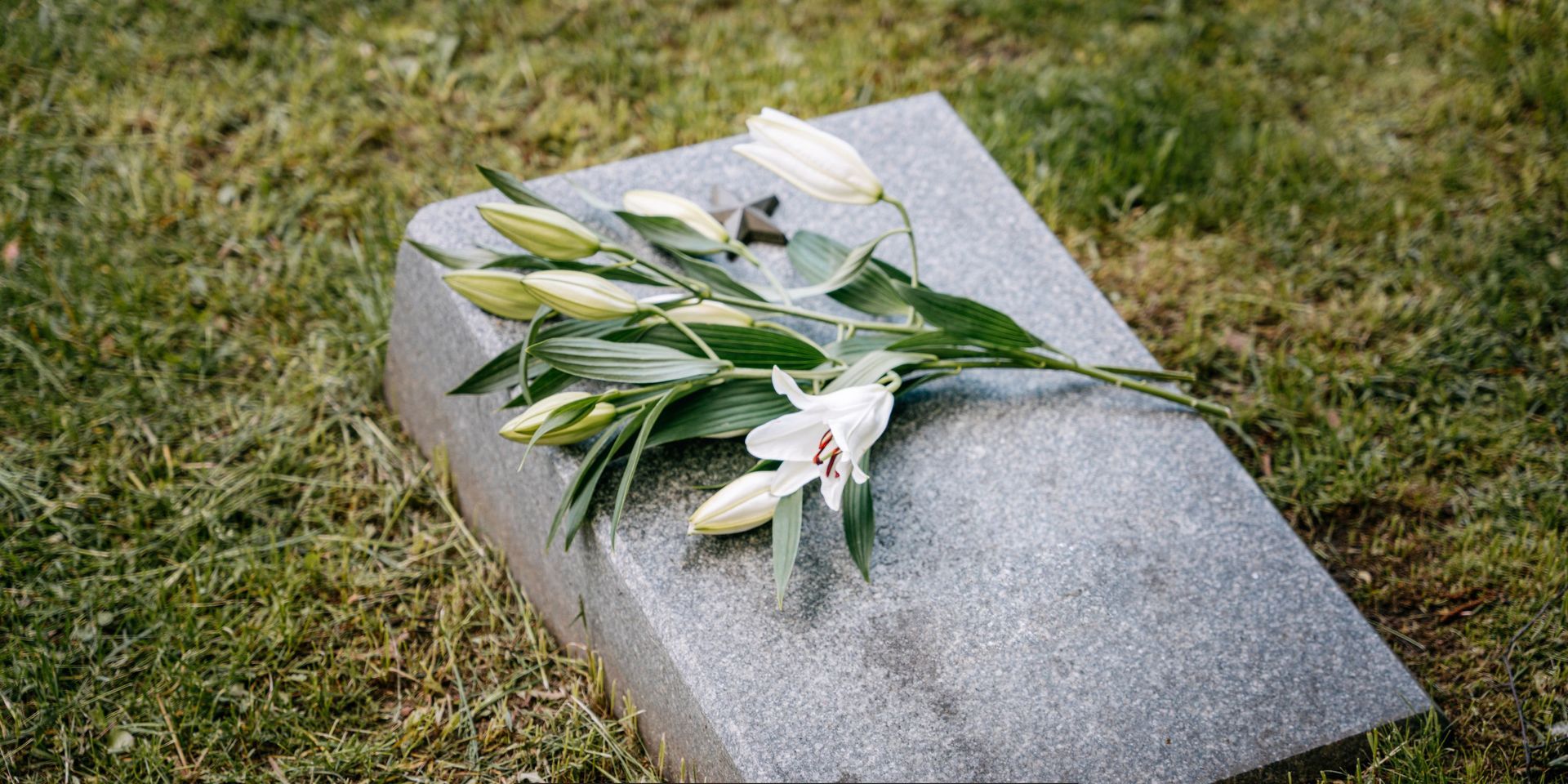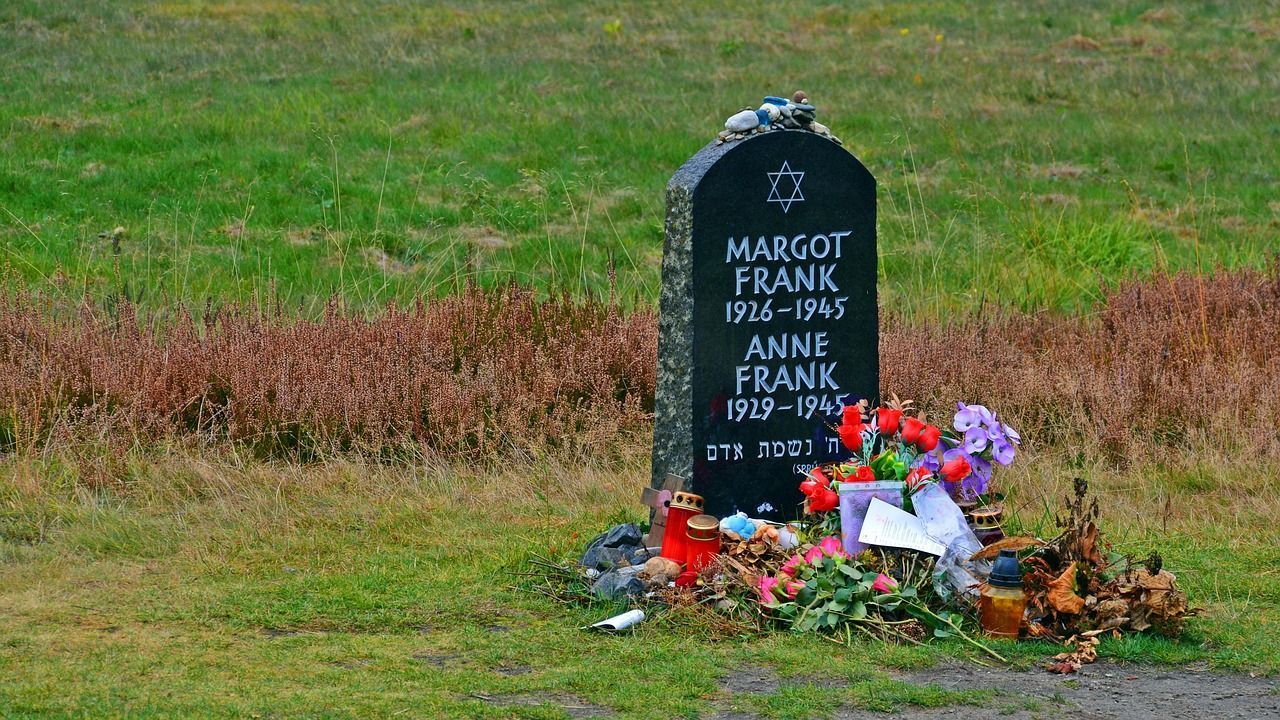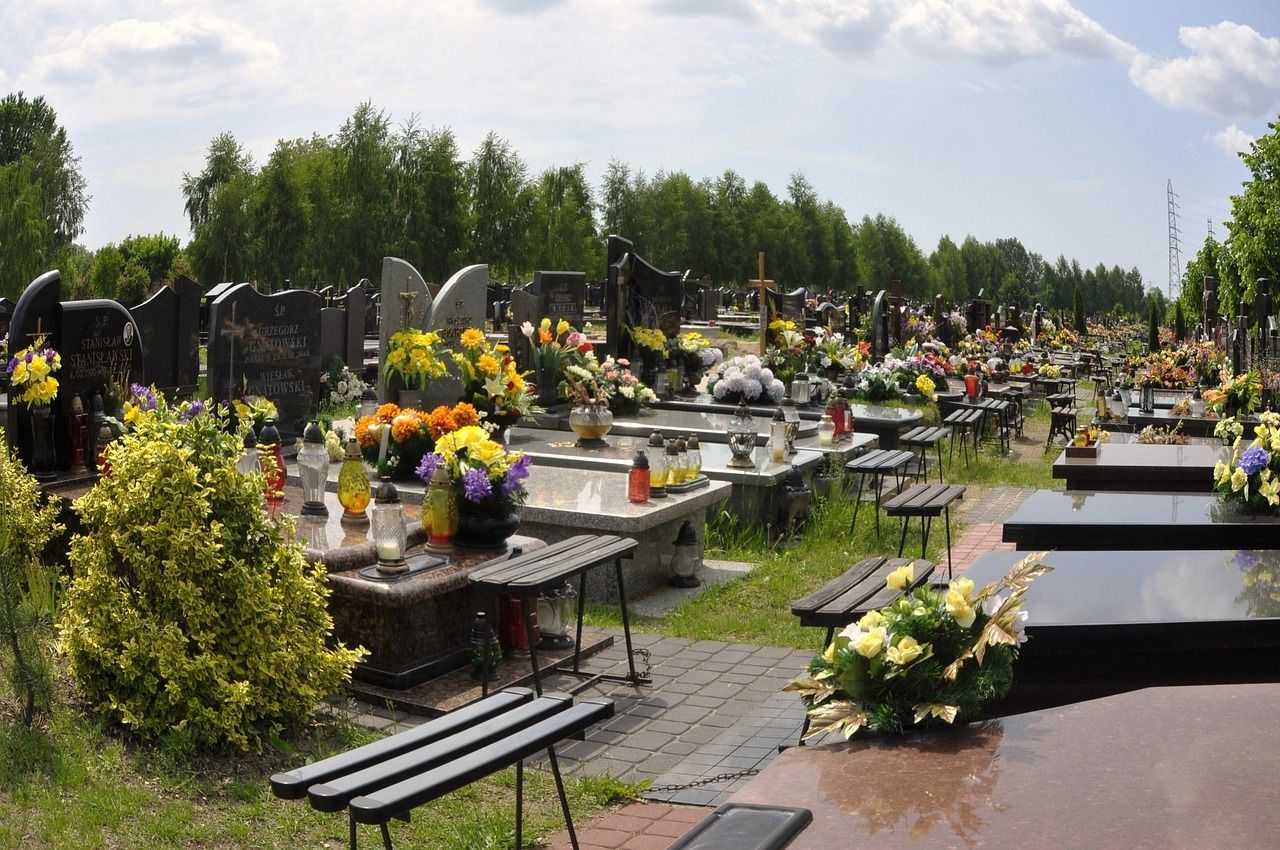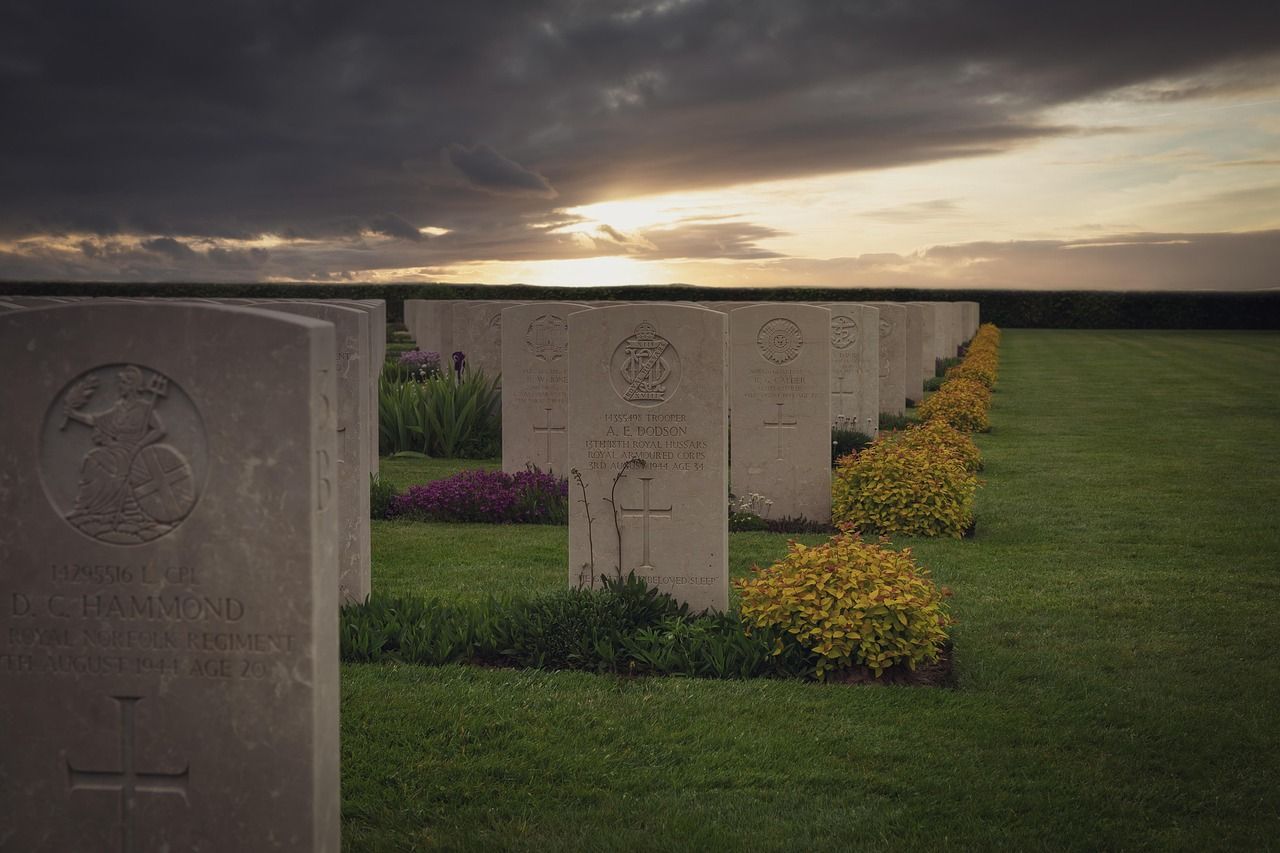Why Memorial Services Are Crucial for Emotional Healing

In the midst of loss, when grief can feel overwhelming and isolating, memorial services emerge as a vital part of the emotional healing process. These services offer more than just a way to say goodbye; they provide a structured space where grief can be acknowledged, shared, and softened through the presence of others. Within the context of funeral homes Lakeville, MN, understanding the deep psychological and communal importance of memorial services can empower families to embrace them as a cornerstone of healing.
The Psychological Impact of Grief and the Role of Ritual
Grief is an intensely personal yet universally experienced emotion. It impacts individuals mentally, emotionally, and physically. Left unaddressed, grief can lead to long-term issues such as depression, anxiety, and social withdrawal. Memorial services play a critical role in mitigating these effects by offering a ritualized way to process loss. Rituals—such as lighting candles, sharing eulogies, or even choosing meaningful music—can create a sense of continuity and control during an otherwise chaotic time.
Psychologists have long noted that rituals help mark life transitions and create a bridge between pain and acceptance. They help mourners externalize their feelings and connect personal grief with collective mourning. In doing so, individuals do not just confront their pain alone; they witness and support each other through it.
Creating Space for Shared Memories and Community Support
One of the most healing aspects of memorial services is the opportunity to gather and share stories. Whether it is a formal eulogy or informal conversations during a reception, these narratives bring the life of the deceased into focus in a meaningful way. For many, hearing different perspectives and memories helps complete a fuller picture of the loved one’s life.
In today’s fast-paced world, meaningful connections are often fleeting. A memorial service allows for an intentional gathering where people are unified by shared loss and love. This sense of community creates an emotional buffer, reminding mourners that they are not alone. The presence of friends, family, and acquaintances serves as a network of empathy and support that can be essential in beginning the journey toward healing.
Honoring Individuality and Encouraging Expression
Modern memorial services increasingly reflect the individuality of the person being remembered. Whether through customized tributes, memory boards, or video presentations, the personalization of these services validates the unique bond each mourner had with the deceased. Personal touches such as favorite songs, meaningful quotes, or hobbies incorporated into the service offer emotional resonance that generic ceremonies often lack.
Encouraging personal expression also enables family and friends to cope in their own ways. Some may find solace in reading poetry, while others might prefer contributing through music or storytelling. These opportunities for active participation deepen the emotional significance of the service and help individuals feel more involved in the process of remembrance.
Bridging the Gap Between Grief and Acceptance
While memorial services do not eliminate grief, they do help bridge the gap between the immediate pain of loss and long-term acceptance. By acknowledging the finality of death in a compassionate environment, mourners begin to transition from the sharpness of shock to a gentler, ongoing remembrance. Rituals such as candle lighting or releasing balloons can symbolize the movement from despair to hope.
This transition is crucial, particularly for those who may struggle to accept the reality of death. Witnessing a community come together to remember a life well-lived reinforces the idea that the person’s impact endures. In this way, the service acts as both a farewell and a reaffirmation of life’s significance.
Supporting Grief for All Ages
Memorial services are particularly important for helping children and young adults process grief. Young mourners often have limited emotional tools to understand death, and the abstract nature of grief can be confusing. Memorial services provide tangible symbols and structured moments that help children conceptualize loss and understand that it is a shared human experience.
Activities such as writing notes to the deceased, creating memory jars, or participating in a group tribute can make the concept of loss more approachable for younger attendees. These inclusive practices can instill healthy grieving habits that last into adulthood.
The Healing Power of Continuity
Grieving does not end with the memorial service, but it often begins there. The event marks a pivot from initial shock to gradual adaptation. Many families find that having a tangible place to revisit—be it a memorial bench, a keepsake urn, or a digital tribute page—offers a continuing connection that helps with long-term healing.
In Lakeville, MN, where families often span generations and communities remain close-knit, these forms of ongoing remembrance can offer powerful comfort. They allow loved ones to keep the memory of the deceased alive in meaningful, visible ways.
Memorial Services Amidst Changing Funeral Trends
The rise of cremation, direct services, and digital memorials has transformed how families approach remembrance. While these innovations offer flexibility, they should not replace the emotional benefits of a thoughtfully planned memorial service. For funeral homes navigating these trends, the challenge lies in preserving the value of human connection in all forms of remembrance.
Even in simplified or digital formats, the core principles of memorialization—gathering, honoring, expressing, and supporting—should remain intact. Offering families guidance on how to incorporate emotional healing into alternative arrangements is becoming a crucial service provided by modern funeral professionals.
Reaffirming the Value of Ceremony
As funeral homes in Lakeville, MN continue to evolve alongside societal changes, it is vital to emphasize the enduring emotional significance of memorial services. These gatherings are not outdated customs; they are adaptive, healing, and deeply human practices that offer solace and strength during life's most difficult times.
In a society that often shies away from discussing death, memorial services stand as powerful affirmations of love, community, and memory. They are a space where sorrow finds understanding, and remembrance transforms into resilience.
For those considering how best to honor a loved one, choosing to hold a memorial service is not simply a tradition—it is a transformative step toward healing. Whether elaborate or simple, spiritual or secular, the act of gathering with others to celebrate a life and grieve a loss fosters emotional restoration that no online tribute or quick goodbye can replace.
To learn more about compassionate and personalized support during loss, visit the dedicated professionals at Ballard-Sunder Funeral & Cremation in Lakeville, MN.














